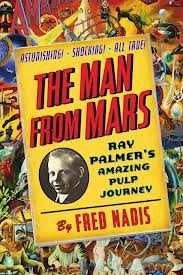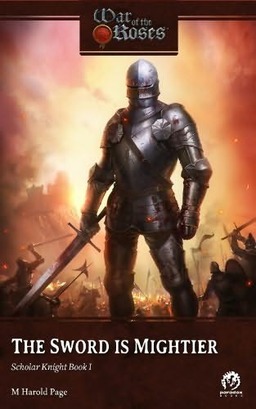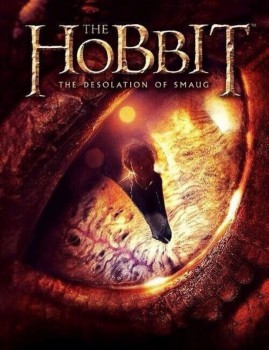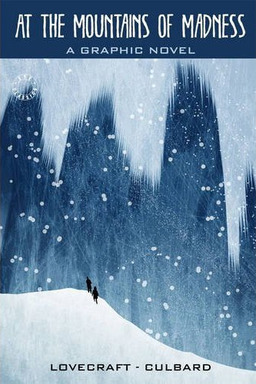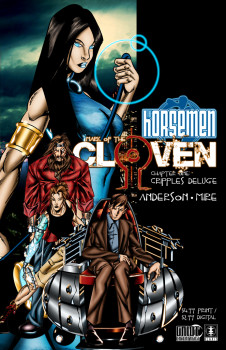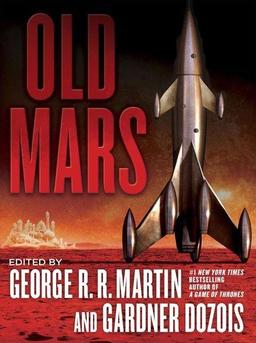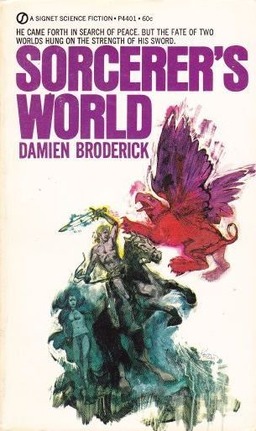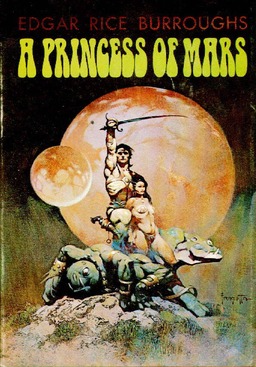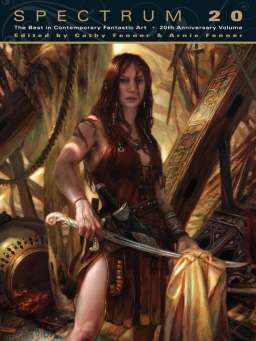Vintage Treasures: Night Monsters by Fritz Leiber
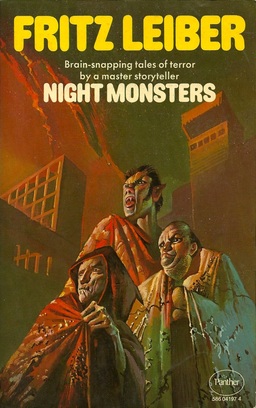 Night Monsters is an interesting case study in book collecting, as least for me.
Night Monsters is an interesting case study in book collecting, as least for me.
It was originally published in 1969 as part of an Ace Double set, with a moody but otherwise fairly unremarkable cover by Jack Gaughan (see below). The subtitle Ace put on the collection was “A new collection of the weird, the wonderful, and the macabre,” which was certainly accurate, if a little pedestrian.
I bought a copy 25 years ago. Never read it. It shared a spine with Leiber’s early novel The Green Millennium (here’s John Schoenherr’s cover, just because I have a thing about uploading paperback covers), which I found a little more interesting. To be honest, after a few years I kinda forgot about the book on the back side of The Green Millennium.
Fast forward to early 2013. I’m surfing eBay and I stumble on a copy of Fritz Leiber’s Night Monsters, a Panther paperback published in the UK in 1975. I have no immediate recollection of a Fritz Leiber collection called Night Monsters, but that’s not necessarily a big deal; it could be a re-titled version of one of his collections I do remember.
What is a big deal is that I recognize the cover artist. There’s no doubt in my mind that it’s the work of the great Bruce Pennington, who provided some of the finest covers for Black Gate, for BG 12 and BG 14.
I’m a huge Pennington fan. Part of it is simple gratitude — the man was enormously gracious to me when I called him up in 2007, hoping to buy the rights to two of his paintings. He had no idea who I was, calling him from America with nothing more than high spirits and a meager budget. He very politely asked to see “a copy or two” of my little magazine, before making up his mind.
Twenty-four hours later I had two sample issues in the mail bound for England, with an enthusiastic hand-written note telling Bruce how much I admired his work. About a month later I received a marvelous letter from him, saying he had been very impressed with the issues, and that he would be delighted to provide us the art we wanted — and at the price I had offered.
